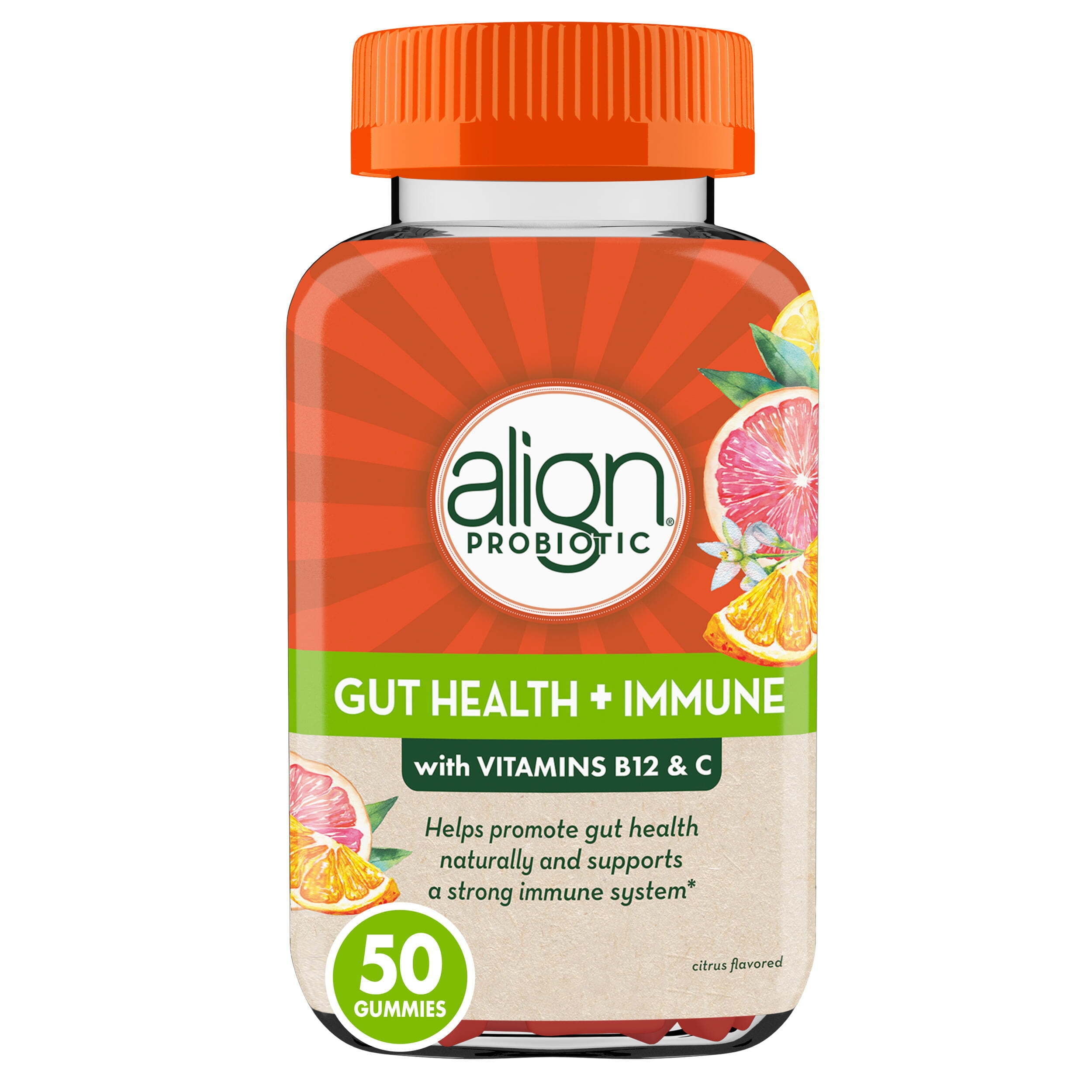Discover the Trick to Food Digestion and Resistance With Intestine Health And Wellness Assistance

Recognizing Gut Wellness
Comprehending digestive tract wellness is vital for total well-being, as it plays a significant duty in digestion, immunity, and also mental health and wellness. The gut, consisting of the intestinal system, is in charge of damaging down food, soaking up nutrients, and removing waste. A balanced digestive tract setting ensures effective food digestion, allowing the body to utilize nutrients successfully.
Furthermore, digestive tract wellness significantly affects the body immune system. The intestine houses a significant part of the body's immune cells, and a healthy and balanced intestine can aid fend off pathogens and decrease inflammation. Disruptions in intestine health can result in an overactive immune action, possibly adding to autoimmune problems and allergic reactions.
In addition, the gut is frequently referred to as the "2nd brain" due to the gut-brain axis, a complicated communication network linking the brain and the digestive tract. This connection influences mood, cognition, and emotional well-being. Issues such as dysbiosis, characterized by a discrepancy in digestive tract bacteria, have been associated with psychological wellness problems, consisting of anxiety and depression.
The Gut Microbiome Explained
The intestine microbiome, a varied area of microorganisms staying in the stomach tract, plays a critical role in keeping digestive health and total health. Making up trillions of bacteria, infections, fungi, and other microbes, this facility environment aids in the food digestion of food, the synthesis of necessary nutrients, and the guideline of metabolic processes.
Each person's digestive tract microbiome is distinct, affected by elements such as diet, way of life, genetics, and environmental direct exposures. A balanced microbiome sustains optimal food digestion by breaking down facility carbs, producing short-chain fats, and helping with the absorption of nutrients. Alternatively, an imbalance, usually referred to as dysbiosis, can lead to digestion disorders, consisting of irritable bowel disorder (IBS) and inflammatory digestive tract illness (IBD)
Study has actually shown that a diverse microbiome is connected with far better health and wellness outcomes, highlighting the relevance of dietary options in supporting these microorganisms. Foods abundant in fiber, probiotics, and prebiotics, such as fruits, vegetables, and fermented products, can advertise a healthy and balanced microbiome. Understanding the digestive tract microbiome is necessary for developing targeted treatments targeted at improving digestion wellness and preventing intestinal conditions.

Link Between Food Digestion and Immunity
A robust link exists between digestion and resistance, highlighting the important role of the digestive tract in keeping general wellness. The intestinal system is home to trillions of microorganisms that develop the gut microbiome, which substantially influences both immune responses and gastrointestinal procedures. This complicated community help in breaking down food, taking in nutrients, and giving important metabolites that sustain immune feature.
When digestion is reliable, the intestine obstacle stays intact, preventing harmful virus from getting in the blood stream. About 70% of the immune system stays in the gut-associated lymphoid tissue (GALT), which communicates closely with the intestine microbiome.
Tips for Sustaining Gut Wellness
Supporting intestine health and wellness is vital for keeping both digestion performance and a well-functioning immune system. To cultivate ideal gut health and wellness, consider integrating several functional techniques right into your everyday regimen.
First, prioritize hydration. Consuming adequate water sustains digestion and assists keep the mucosal lining of the intestinal tracts. Additionally, routine physical task can enhance intestine mobility and promote a diverse microbiome.
Conscious eating techniques are likewise vital. Chewing food completely and consuming slowly can help food digestion and avoid over-eating, which may stress the intestine. In addition, handling stress and anxiety through techniques such as reflection, yoga, or deep-breathing workouts can favorably affect gut health and wellness, as stress and anxiety is known to disrupt gastrointestinal procedures.
Including prebiotics and probiotics into your program is one more efficient technique. While details foods will certainly be reviewed later on, comprehending the value of these elements is critical. Prebiotics work as food for beneficial gut microorganisms, while probiotics present real-time beneficial organisms.
Last but not least, stay clear of too much usage of prescription antibiotics, as they can interrupt the balance like this of intestine flora. By complying with these pointers, you can dramatically add to the upkeep of a healthy and balanced gut, which is essential for general wellness and vitality.
Foods That Promote Intestine Health

Fermented foods, such as yogurt, sauerkraut, kimchi, and kefir, are rich in probiotics, which are helpful microorganisms that support gut vegetations and enhance food digestion. These foods can aid restore balance in the digestive tract, especially after antibiotic usage or gastrointestinal disturbances.
Along with fermented options, prebiotic foods, such as garlic, onions, asparagus, and bananas, serve as nutrition for these probiotics, advertising their development and task. These soluble fibers support digestive tract mobility and can reduce problems like bowel irregularity.
In addition, incorporating high-fiber foods, including entire grains, vegetables, vegetables, and fruits, is essential for keeping a healthy gut. Fiber aids in regular defecation and Read More Here helps prevent digestion conditions.
Lastly, omega-3 fats located in fatty fish, flaxseeds, and walnuts have anti-inflammatory residential properties that can further sustain digestive tract wellness. Stressing these foods in your diet plan can bring about a robust digestion system and improved immune feature.
Final Thought
In verdict, prioritizing intestine wellness is crucial for maximizing food digestion and improving resistance. A balanced digestive tract microbiome, affected by dietary choices and lifestyle factors, plays a critical duty in nutrient absorption and inflammation reduction.
Recognizing gut health is vital for general well-being, as it plays a substantial role in food digestion, resistance, and also mental health. The intestine houses a substantial part of the body's immune cells, and a healthy and balanced digestive tract can assist fend off pathogens and decrease inflammation.Additionally, the digestive tract is often referred to as the "2nd brain" due to the gut-brain axis, an intricate interaction network connecting the gut and the brain.A durable link exists in between food digestion and resistance, highlighting the vital site function of the gut in preserving overall health and wellness.In final thought, prioritizing gut wellness is essential for enhancing food digestion and boosting resistance.